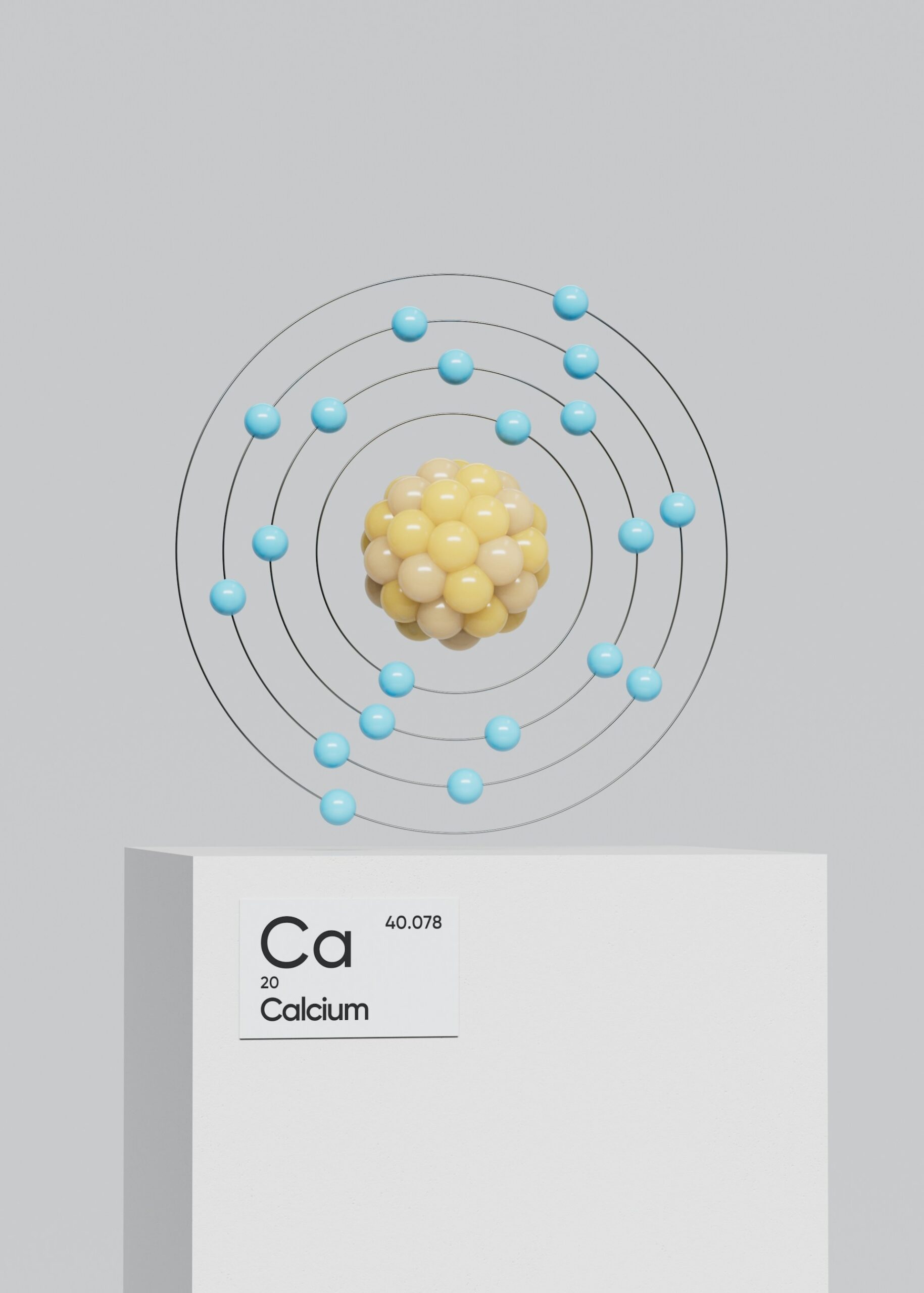Health
Doctors Reveal 6 Surprising Signs You May Have Too Much Calcium

Navigating our way through the complexities of health and wellness, we often find ourselves learning more about the importance of nutrients and minerals in our body. Today’s focus is on calcium, a vital electrolyte that assists in everything from delivering messages between the brain and the body to helping regulate certain hormones. While essential, too much of it can lead to a condition known as hypercalcemia. This article will guide you through six potential signs that you’re getting too much calcium in your system, as outlined by medical professionals.
1. Muscle Weakness and Fatigue
“Calcium plays a critical role in muscle contractions. Too much, though, can lead to neuromuscular dysfunction, meaning the electrical signals in charge of regulating muscle contractions get disrupted,” explains Dr. Stephen Vogel. This disruption can often lead to muscle weakness or fatigue. Dr. Brynna Connor adds that hypercalcemia can sometimes cause localized pain or a weakened grip. It’s essential to get evaluated by a physician if you have these symptoms.
2. Vulnerable Bones
Contrary to popular belief, too much calcium can actually weaken your bones. “This is because the excess calcium in the blood is leached from the bones, making them more brittle and at risk of breaking,” notes Dr. Connor. If you start experiencing symptoms such as bone pain or believe you’ve suffered a fracture, it’s time to seek medical help.
3. Changes in Cognitive Function
Hypercalcemia can also impact your mental state. “Hypercalcemia can disrupt the neurotransmitters in the brain, which can lead to confusion or cognitive impairment,” says Dr. Connor. If you notice changes in thinking ability, nonsensical speech, or difficulty focusing, it’s important to consult with a healthcare professional promptly.
4. Kidney Strain
The excessive calcium in the bloodstream can burden our kidneys, disrupting their filtering process. “Patients will notice making frequent trips to the bathroom and clear, dilute urine,” states Dr. Vogel. If you experience persistent symptoms of increased thirst and frequent urination, it’s best to seek professional advice and address any potential underlying issues.
5. Feeling of Nausea
Dr. Vogel points out that while nausea can have many causes, one often overlooked cause is hypercalcemia. “An overload of calcium can disrupt these channels, leading to nausea, among other symptoms,” he says.
6. Heart Irregularities
Lastly, hypercalcemia can have a significant impact on heart function. “This is because calcium is a positively charged ion that, when in the blood in normal quantities, helps carry electrical activity to the heart,” explains Dr. Connor. Unfortunately, excessive calcium can alter this balance and cause a change in heart rate. Immediate medical attention is required if symptoms like racing pulse, irregular heartbeat, or palpitations are observed.
Transitioning the lens from the essentiality of calcium to the hazards of its excess in our body, this list emphasizes the caution required to maintain a balanced intake of this pivotal electrolyte. Remember to consult with a healthcare professional if you notice any of these signs indicating potential hypercalcemia. Staying informed could be your first step towards a healthier life.
Let us know what you think, please share your thoughts in the comments below.
